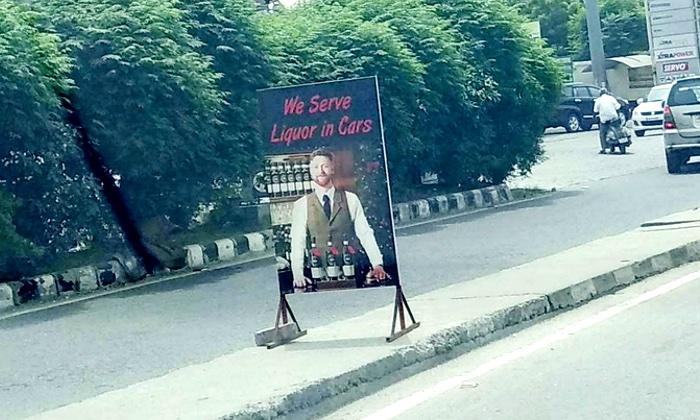Driving down a highway in India, it’s hard not to notice the abundance of roadside liquor shops. There are even signs beckoning drivers in. At the same time, the Indian government knows it has a drinking and driving problem and recently launched the Youth Road Safety Learners License program to improve road safety for young, first-time drivers.
ArriveSafe, an NGO that advocates road safety, is critical of the new initiative. Harman Singh Sidhu, the organization’s president, says such a program will never be successful unless the government also bans the sale of alcohol along highways.





